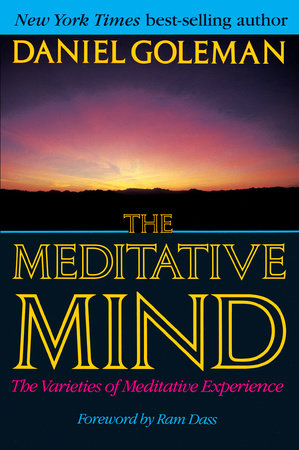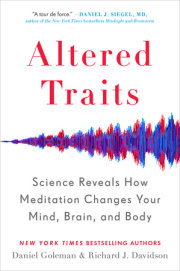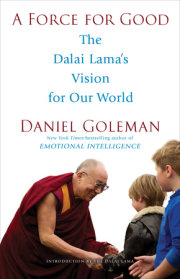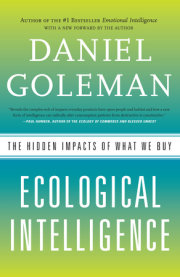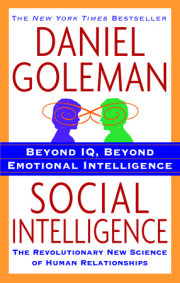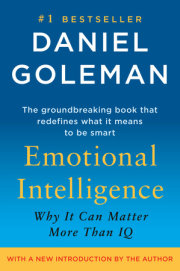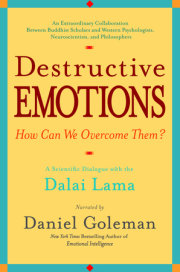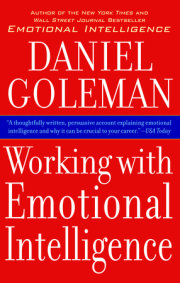The Meditative Mind Foreword
Preface
Introduction
Part One. The Visuddhimagga: A Map for Inner Space
1. Preparation for Meditation
2. The Path of Concentration
3. The Path of Insight
Part Two. Meditation Paths: A Survey
4. Hindu Bhakti
5. Jewish Kabbalah
6. Christian Hesychasm
7. Sufism
8. Transcendental Meditation
9. Patanjali's Ashtanga Yoga
10. Indian Tantra and Kundalini Yoga
11. Tibetan Buddhism
12. Zen
13. Gurdjieff's Fourth Way
14. Krishnamurti's Choiceless Awareness
Part Three. Meditation Paths: Their Essential Unity
15. Preparation for Meditation
16. Attention
17. Seeing What You Believe
18. Altered States in Meditation
Part Four. The Psychology of Meditation
19. Abhidhamma: An Eastern Psychology
20. Psychology: East and West
21: Meditation: Research and Practical Applications
Bibliography
Selected Readings
Index

